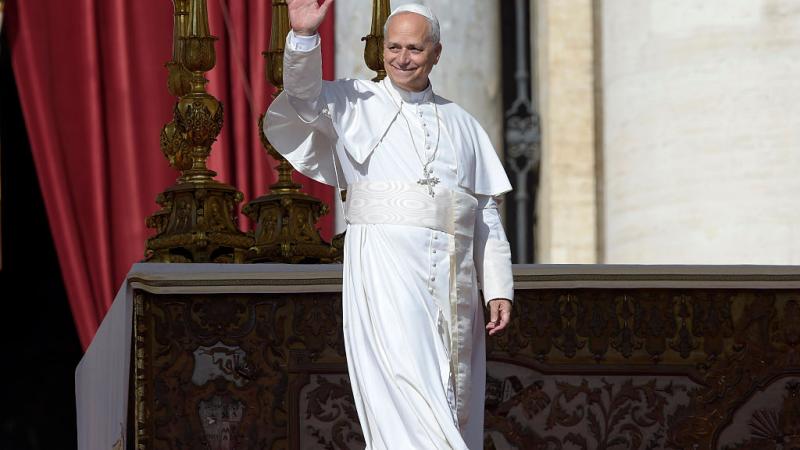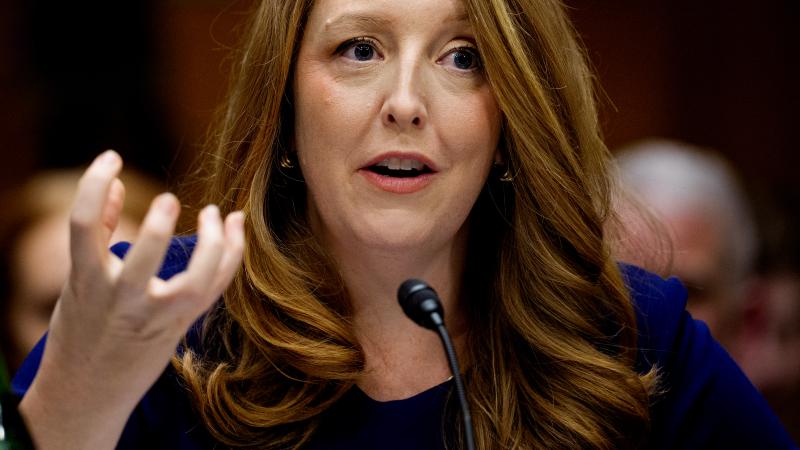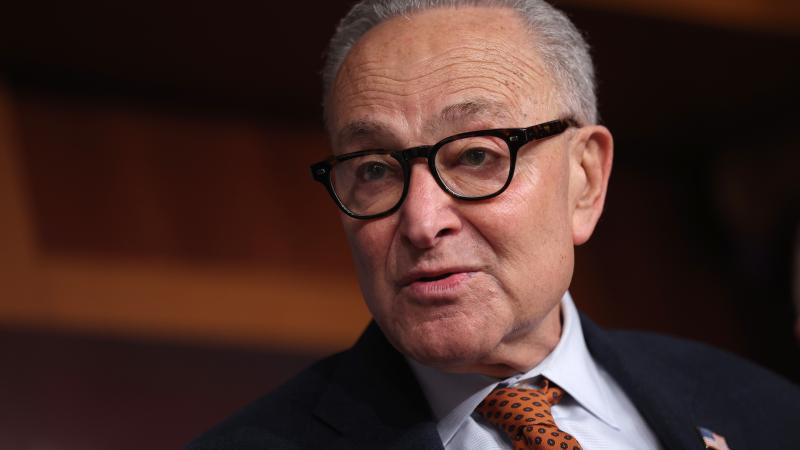Brushing off Supreme Court rulings, Calif. county fines church as commercial enterprise
Calvary Chapel seeks dismissal of $2.8 million in Santa Clara County fines.
While the state of California and multiple counties continue to settle with churches after imposing unconstitutional restrictions against them, one county is expanding its efforts to pursue damages against a church, claiming their worship services are a public nuisance.
In its latest request, filed Aug. 31, Calvary Chapel has asked the court to dismiss the public nuisance claim along with the $2.8 million in fines levied against it, arguing the county has not provided any evidence to support the accusation that the church has caused any harm to the public.
The battle between the county and the church began in late spring 2020 after the state and county encouraged residents to protest the death of George Floyd without numerical limitations or public health restrictions, even as the same authorities imposed severe constraints on houses of worship.
Santa Clara County's order at the time banned indoor worship services and only allowed outdoor worship services of up to 100 cars with parishioners remaining inside of them, or 25 people or less congregating outside, not in their cars. Its occupancy restrictions were also unequally applied to houses of worship compared to big box stores or restaurants or businesses.
In June 2020, Pastor Mike McClure of Calvary Chapel San Jose and Pastor Micaiah Irmler of Southridge Church of San Jose through their attorneys, Tyler & Bursch, LLP and National Center for Law & Policy, sued Santa Clara County.
At the time, the county also required "Small Outdoor Ceremonies and Religious Gatherings" to "maintain a list with the names and contact information of all participants" and "assist the County Public Health Department in any case investigation and contact tracing associated with the gathering," according to the brief filed by the plaintiffs.
Failure to comply "constitutes an imminent threat and menace to public health, constitutes a public nuisance, and is punishable by fine, imprisonment, or both," the county said.
In their brief, Tyler & Bursch argued that "no other activities or gatherings, including large public protests with possibly hundreds or even thousands of participants from outside the community, are required to maintain such a list."
In October, the county sued Calvary Chapel, arguing its pastors and congregation, by violating the order, were posing a public health threat, and every Sunday they met they were creating a "super spreader" event, among other claims.
In December, the Santa Clara County Superior Court ruled that Calvary Chapel San Jose and its Pastor McClure were in contempt of court for violating a temporary restraining order mandating that the church stop holding indoor gatherings, among other complaints. The county claimed in December that the church's "ongoing violations put the whole community at risk, and they won't be tolerated."
The ruling on Dec. 8, 2020, came after the U.S. Supreme Court's Thanksgiving Eve ruling in a New York-based religious liberty case stating that state and local governments could not impose restrictions on houses of worship that were not being imposed on secular entities.
Still, California state and county governments and the Ninth Circuit continued to ignore the Supreme Court's ruling.
Santa Clara County next sent two letters to the church's bank stating it was seeking fines and sanctions without mentioning the appeals process, the fact that the church was challenging the constitutionality of the fines, or the recent Supreme Court ruling.
The church's bank sent it a notice of default in January 2021 after receiving the county's letters, only to rescind it one month later after the bank was made aware of the facts of the case.
It wasn't until April 2021 that the state finally removed its restrictive policies imposed selectively on houses of worship.
"That means that after five reprimands from the U.S. Supreme Court, [California] Gov. [Gavin] Newsom decided to make the percentage-capacity restrictions on houses of worship in all Tiers voluntary," Liberty Counsel, a nonprofit legal aid organization representing Pasadena-based Harvest Rock Church, said in a statement. Harvest Rock settled with the state in May of this year. Over the next few months, more settlements were reached, costing the state millions of dollars.
The same month the state settled with Harvest Rock, Santa Clara County continued on its course. It requested that Calvary Chapel provide documentation of its revenue, loans, and budgets in order to determine, it claimed, "how much the church profited" during the state shutdown.
Six months earlier, in its October brief, the county — without any documentation received from the church — told the court that "while other religious institutions closed their doors as required by State and local orders, and continued to conduct religious services, outreach, and ministry in full compliance with those orders, Calvary advertised their non-compliance and saw their revenue increase by 50 percent."
As a nonprofit, the church receives donations, its attorneys pointed out. It's not a corporation, doesn't have a commercial license and doesn't earn profits.
Just The News reached out to the county, which states on its website that it has implemented a contact tracing program, asking it to provide data for the cases it has documented that are linked to the church. The county did not reply.
Just The News also asked the county if all church worship services in the county were classified as public nuisances or if it was only Calvary Chapel. It also asked the county if it had a copy of a commercial license filed by the church, and to provide data related to coronavirus-related deaths or positive or negative test results it claims may be linked to the church. The county did not reply to requests for comment.
"After almost a year of litigation and numerous depositions, the County has not linked even one COVID-19 case to the church's indoor gatherings," Tyler & Bursch said in a press release.
"No matter where you stand politically on the COVID-19 issue, I think all Americans can agree it's outrageous for Santa Clara County to seek $2.8 million dollars in fines against a church under the classification of a commercial entity," Tony Black, a California attorney representing Calvary Chapel San Jose, said. "This is especially true when, over the last year, the U.S. Supreme Court has repeatedly held it was unconstitutional for the government to prohibit churches from holding worship services. The Government can only provide this Court with unconvincing speculation and misconstrued facts."















